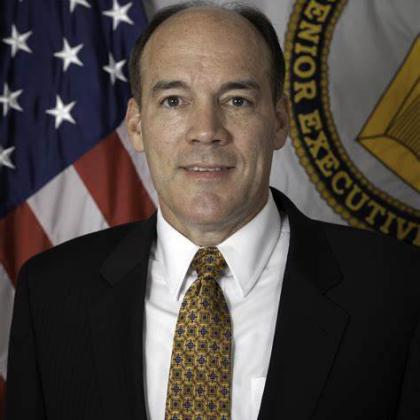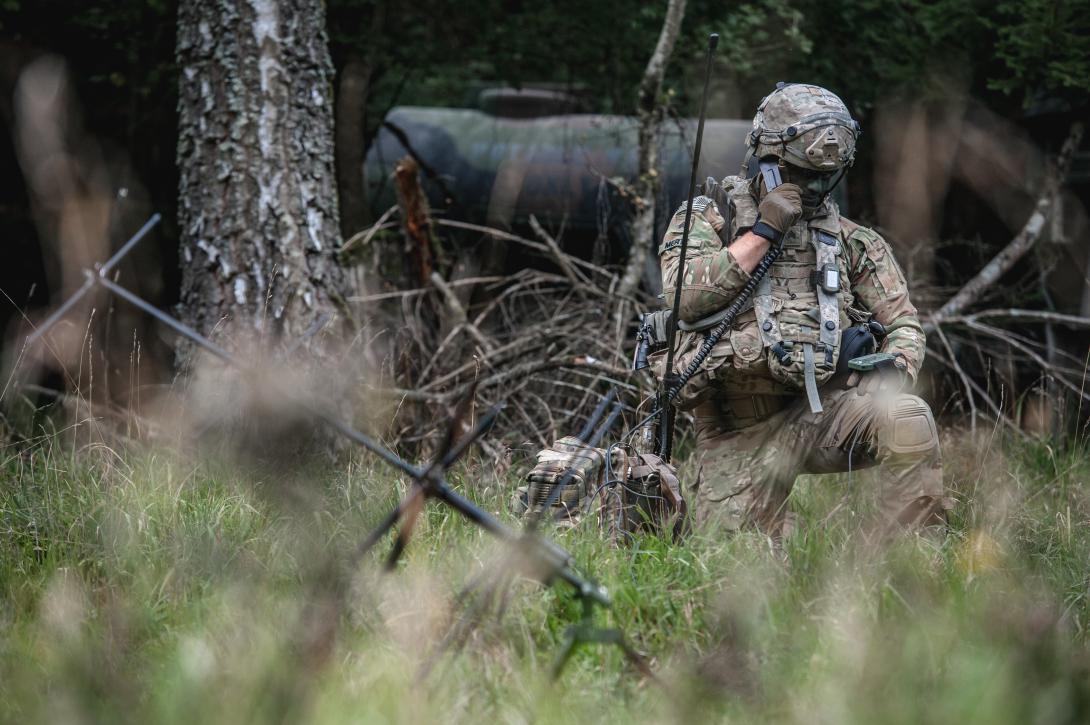Army To Analyze Zero Trust Gaps in Tactical and Classified Networks
Having completed a zero trust gap analysis of the Army’s enterprise networks, the newly created Zero Trust Functional Management Office within the Network Enterprise Technology Command (NETCOM), which falls under Army Cyber Command, will soon initiate a similar analysis of the service’s tactical and classified networks.
“NETCOM has done a zero trust gap analysis of the enterprise unclassified network. So we absolutely know how things align and where we have some gaps, and we will soon be doing a further gap analysis of the tactical and the classified environment to see where we're at with any kind of gaps and then really identify the variety of initiatives and activities and make sure that our priorities, our application of resources, align correctly,” said Ronald Pontius, who will retire February 25 as the Army Cyber Command’s deputy to the commanding general.
Pontius clarified that “resources” does not refer only to funding. “Resources is more than the dollars, you know. It's capacity, capability, leadership, involvement.” He also indicated that migration to the cloud and the integration of zero-trust capabilities are “two big aspects of the Army modernization” and a unified network.
Army officials first announced the Zero Trust Functional Management Office in October, but Pontius credited the office with helping the service make progress toward achieving zero trust. “The Army had a whole bunch of various initiatives but wasn't presenting them in a coherent way, so a couple of months ago, the Army set up a Zero Trust Functional Management Office, which really is achieving a better synchronization of all the initiatives the Army's doing towards the Department of Defense zero-trust strategy and the zero-trust architecture,” he said. “There are, I would say, 45 key capabilities and activities the Army's driving on, and this is an absolute tenet of achieving these principles as part of the modernization and moving to zero trust.”

Resources is more than the dollars, you know. It's capacity, capability, leadership, involvement.
Pontius said his primary goal in his final days with Army Cyber Command is to pass on decades worth of knowledge. He has served for about 44 years, including 27 as an Army Signal Corps officer and 17 as a government civilian. The bulk of his civilian service has been at the senior executive service level. “Having been here for so long, I have a bit of an institutional memory, and I am trying my best to migrate as much of that knowledge in the electronic files and to people as I can,” he reported. “I'm focused on how much I can transition that knowledge to others as they carry on because it takes a while to hire at the tier three senior executive service level, so there will be a gap before my replacement is identified and gets on board.”
Pontius is “retiring, retiring” rather than taking a position elsewhere and indicated that serving with Army Cyber Command has been the pinnacle of his career. He remained longer than intended to help provide a smooth transition as Maj. Gen. Maria Barrett took over the command. His pending retirement is that much more satisfying because he knows, “I am leaving Army Cyber Command in the incredibly capable hands of the leaders and the workforce that we have today,” he said.



Comments